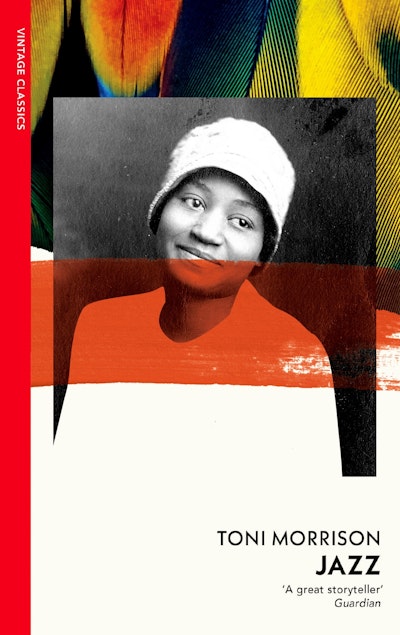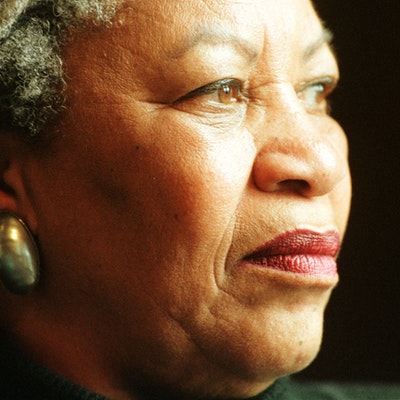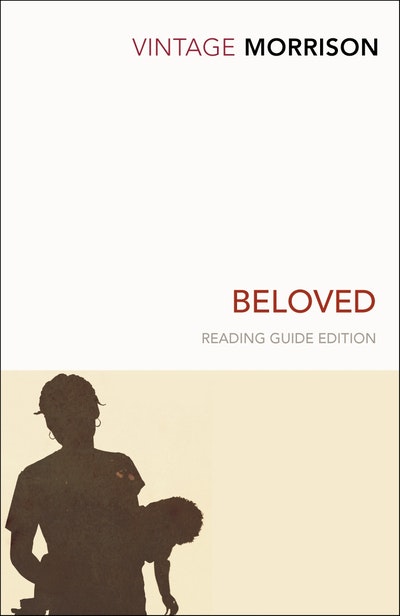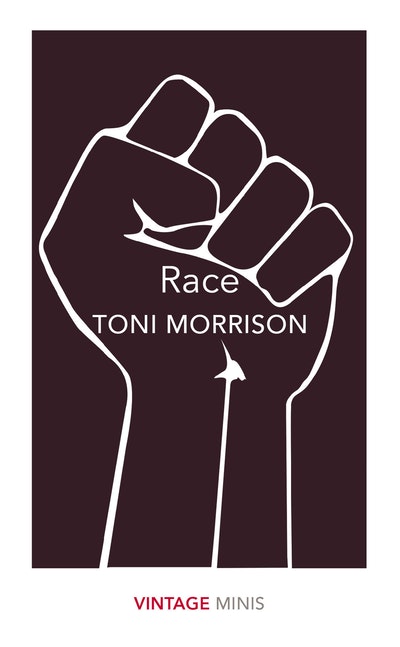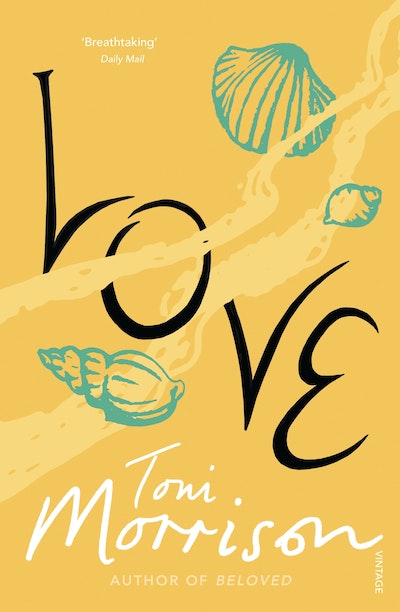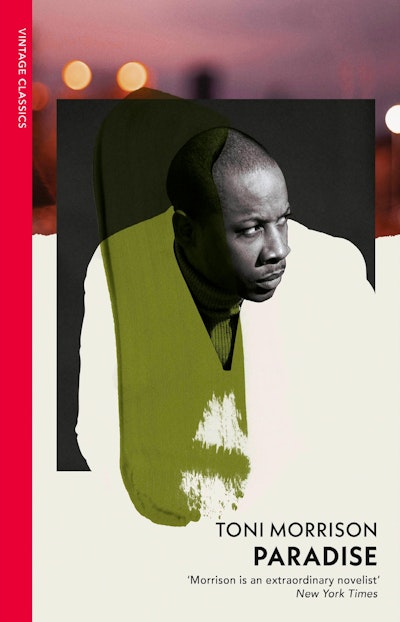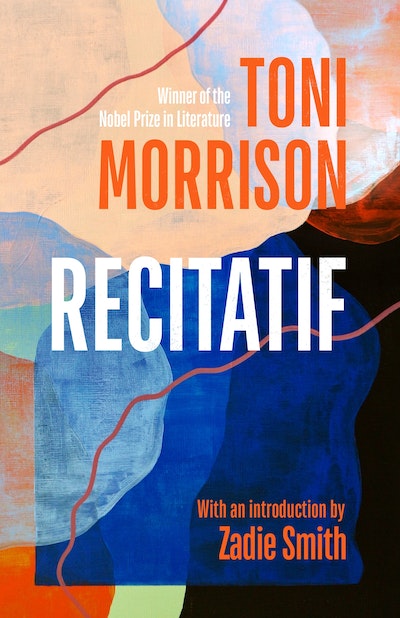Joe Trace – in his fifties, door-to-door salesman, erstwhile devoted husband – shoots dead his eighteen-year-old lover.
At the funeral, his determined, hard-working wife, Violet, who is given to stumbling into dark mental cracks, tries with a knife to disfigure the corpse. Passionate and profound, Jazz brings us back and forth in time, in a narrative assembled from the hopes, fears and realities of black urban life.
'Jazz blazes with an intensity more usually found in tragic poetry of the past.... Morrison's voice transcends colour and creed and she has become one of America's outstanding post-war writers' Guardian
'She wrote about what was difficult and what was necessary and in doing so she unearthed for a generation of people a kind of redemption, a kind of relief' Chimamanda Ngozi Adichie, New York Times
BY THE NOBEL PRIZE-WINNING AUTHOR OF BELOVED
**Winner of the PEN/Saul Bellow award for achievement in American fiction**
